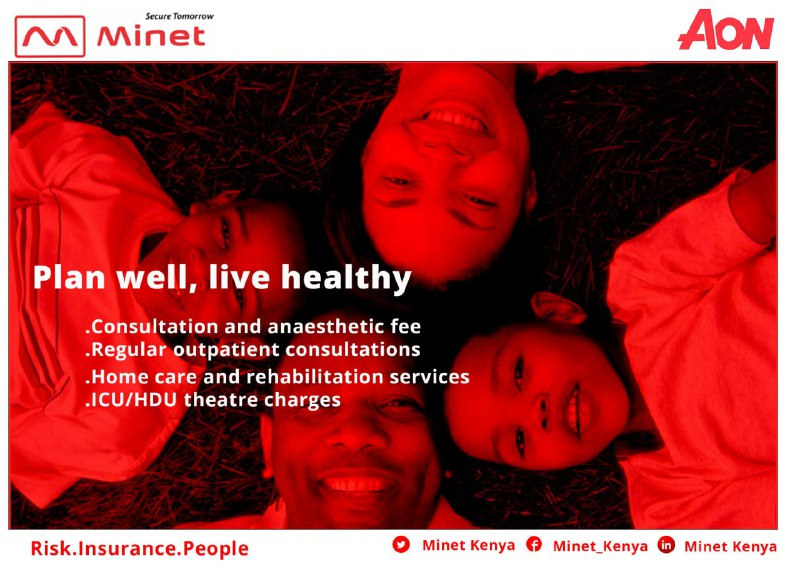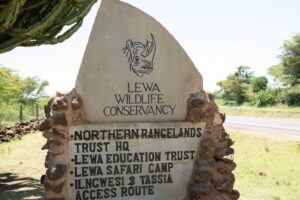Experts believe insurance policies aimed at losses caused by climate hazards such as drought, flooding, and excessive heat represent the next development potential for Kenya’s lagging insurance industry.
According to industry sources, the sector is considering producing goods that incorporate protection against the growing climate change-related hazards to public infrastructure, agriculture, healthcare, energy, tourism, and forestry.
Despite contributing less than 5% of global CO2 emissions, African nations, including Kenya, are the most exposed to climatic instabilities such as droughts, floods, rising sea levels, and rising temperatures.
That presents a growth opportunity for insurance firms in a country where penetration has fallen below 2.5 per cent of the gross domestic product, according to insurance broker Minet Kenya.
“Many of our risk ratings have not factored in climate change. Yet today, in places where there was never a flood before, you will find that a flood that has swept away a road, a bridge or a rail. We also have to start looking at medical schemes relative to climate change because there will be increased risks of some diseases from air pollution, rising temperature, floods and drought,” Minet Kenya Managing Director Sammy Muthui said in an interview.
The developments have come at a time when the world is battling extreme weather conditions such as shortage of fresh water, rising temperatures as well as the extinction of plant and animal species which are linked to greenhouse gas emissions largely by developed countries.
UK government-backed Financial Sector Deepening (FSD) Africa has singled out the insurance sector as key in helping Kenya mitigate and adapt to risks associated to climate change in Kenya.

“As underwriters, insurers play an essential role in facilitating the flow of capital to mitigation projects through providing de-risking solutions to investors. For example, in the geothermal energy sector in East Africa, where capital intensive early-stage development drilling has a low probability/high severity risk profile, investors need risk transfer solutions to make the risk-return profile attractive,” FSD Africa wrote in a July 2021 article on its website.
“To address this barrier, FSD Africa is working on setting up a local underwriting pool that will provide de-risking solutions to enable the crowding-in of private capital to this important renewable energy source.”
When industry regulators, insurers, reinsurers, brokers, and agents from across the continent gathered in Nairobi at the end of June, the financing of climate risk and the implementation of Environmental, Social, and Governance (ESG) criteria for insurers were the key topics.


















